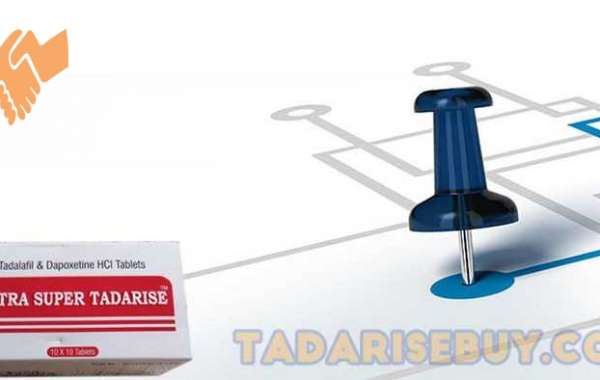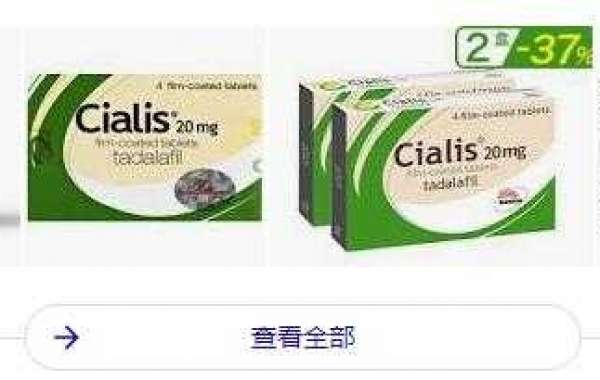Medically supervised cocaine detox
While the physical symptoms of cocaine withdrawal tend to subside after a few days, the mental discomfort and anguish associated with withdrawal can be intense. This makes it essential to go through a medically supervised detox. The medical professionals will monitor your condition and provide support to ensure your comfort and safety. Medical supervision will also help decrease the risk of secondary addiction.
Although cocaine addiction is a serious problem that can destroy a person's life, medical detox provides a safe and nurturing environment for recovering individuals. Inpatient programs also offer the added benefit of specialist care. A medically supervised detox will minimize the chance of relapse after cocaine use, which is vital for the addict's recovery.
Cocaine withdrawal is a painful process that can take weeks or months to overcome. Without medical supervision, it's easy to fall into a depressive state. This can lead to suicidal ideation and other potentially dangerous side effects. For these reasons, a medically supervised cocaine detox program is the best option for recovering addicts.
The withdrawal symptoms of cocaine use result from a chemical imbalance in the brain. Cocaine stimulates the center of the brain responsible for producing dopamine, a feel-good chemical that creates euphoric sensations. Without this chemical, the former user will experience major depression and may even experience suicidal thoughts.
Symptoms of cocaine withdrawal
If you're considering detoxification, there are a number of symptoms you can expect. These may last for several days or weeks, but most people can manage these symptoms on their own. In most cases, you can begin the process of detoxification in the privacy of your own home. You can also refer to a fact sheet for more information.
Cocaine withdrawal is an unpleasant process that usually starts three to fourteen days after the last use. The withdrawal period can last for up to six to ten days, depending on the severity and amount of cocaine consumed. Withdrawal symptoms include extreme cravings, insomnia, mood swings, and irritability. Some people may also experience physical and emotional symptoms, including shaking and extreme suspicion.
Depending on the severity of the withdrawal symptoms, a doctor may prescribe medication to help patients cope. During the detox process, patients may experience low mood, depression, and lack of motivation. Some people may even report suicidal thoughts. It is important to monitor the individual closely as they undergo detox. Approximately 50% of cocaine abusers also suffer from co-occurring depression, which may make withdrawal symptoms even more difficult to deal with.
Cocaine detox can take place in an inpatient or outpatient setting. Some individuals choose to detox in the privacy of their home. In these cases, it's important to provide a safe environment, where they can avoid using drugs. However, in some cases, an inpatient treatment environment may be more beneficial. There, medical professionals and addiction specialists can help patients overcome these symptoms and help them resume a normal life after treatment.
Medications used during cocaine detox
Medications used during cocaine detox are used to ease the symptoms of the detox. These medications are FDA-approved and are designed to make the detox process as comfortable as possible. The protocol chosen for a patient is based on their medical history and their substance use. They may include benzodiazepines, tranquilizers, and antidepressants to treat the symptoms of withdrawal. Some patients may also be evaluated by a psychiatrist who can prescribe the appropriate medication to treat any mental health issues.
Cocaine is an extremely addictive substance. Heavy users will often experience symptoms of withdrawal while trying to quit using the drug. Some individuals may try to deal with these symptoms by using alcohol, sedatives, hypnotics, or anti-anxiety medication. While these medications are not recommended for long-term use, they may be helpful in the short-term.
Antidepressants can also help those struggling with cocaine addiction. These medications work by releasing serotonin, a natural mood stabilizer. Medications that block dopamine release may also help curb cocaine cravings. Medications that increase glutamate-neurotransmission may also help.
While medication is not a substitute for a strong recovery program, it may help a person manage the symptoms of cocaine withdrawal. These medications can make detox more bearable, but they should not be used to create a false sense of security.








